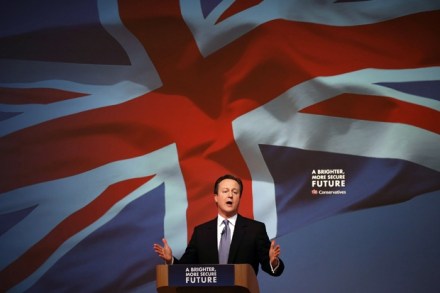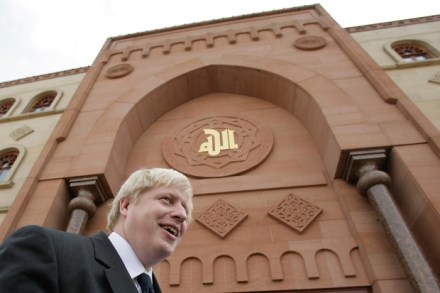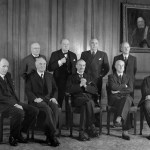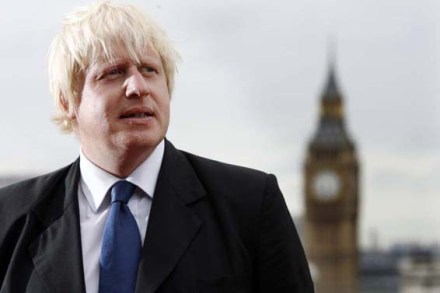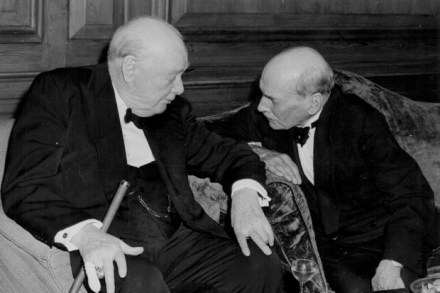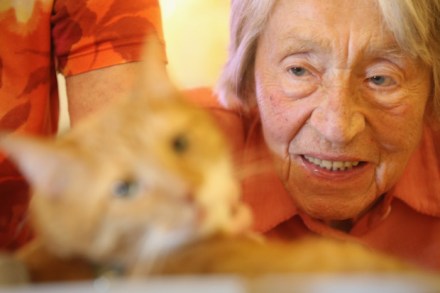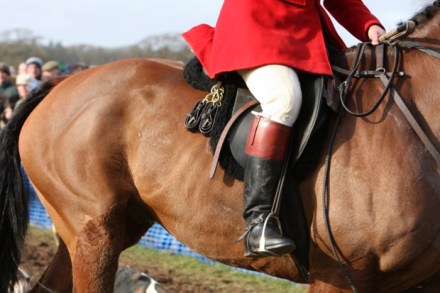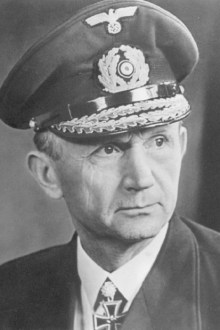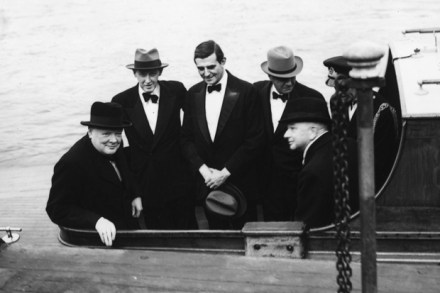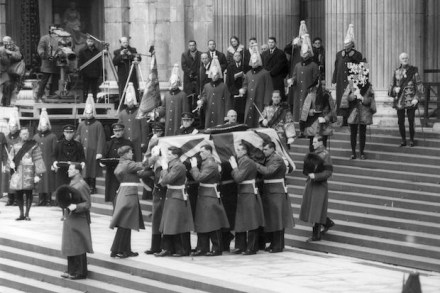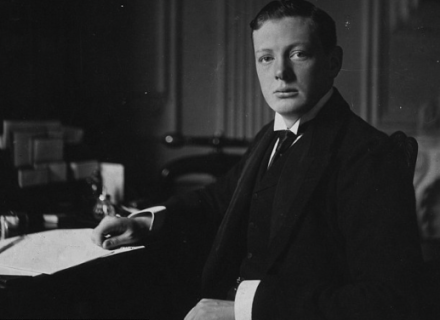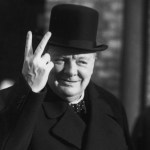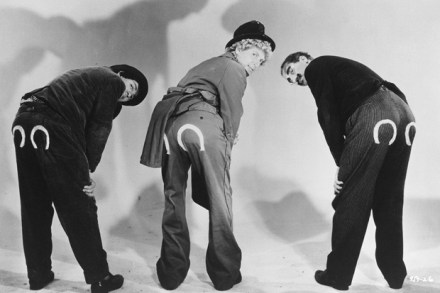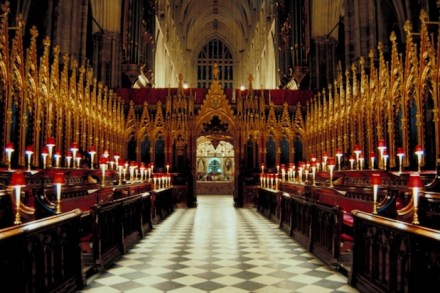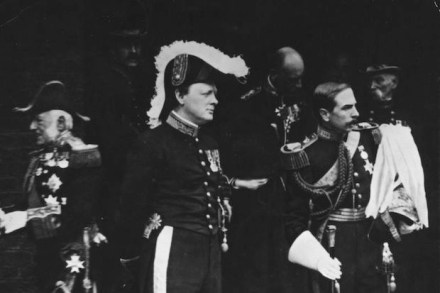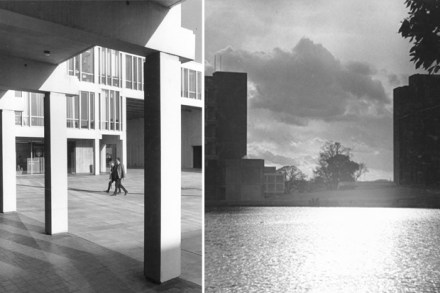Premier league
At a large Tory breakfast meeting that David Cameron spoke to recently, the tables were named after all of the Conservative premiers of the past: the good, the bad and Ted Heath. So there were the Lord Salisbury, Harold Macmillan and Margaret Thatcher tables, for example. (I was delighted to be on the Winston Churchill table; the people on the Neville Chamberlain one looked suitably ill-favoured.) As Cameron — who was sat at the David Cameron table, appropriately enough — looked around the huge room that morning, he could be forgiven for wondering where he will wind up in the pantheon of past premiers. For as Cameron nears his tenth
